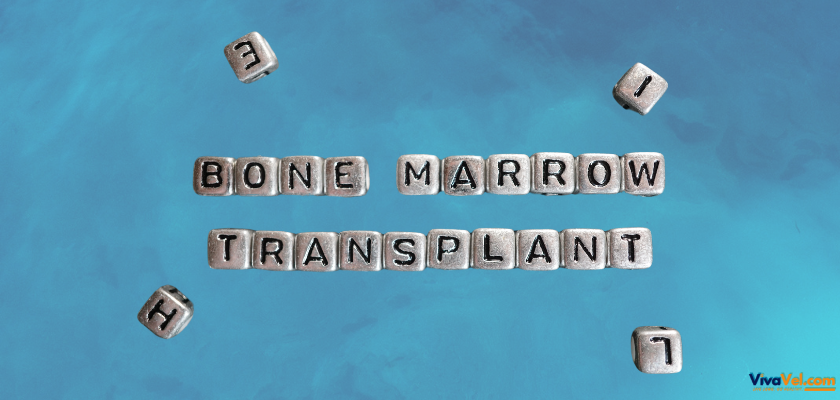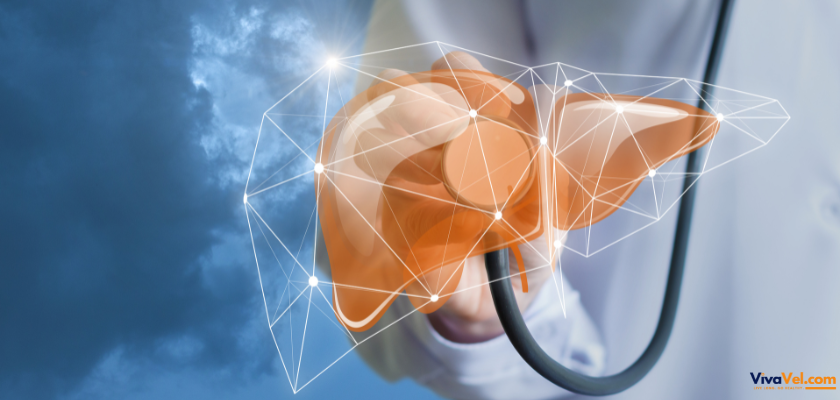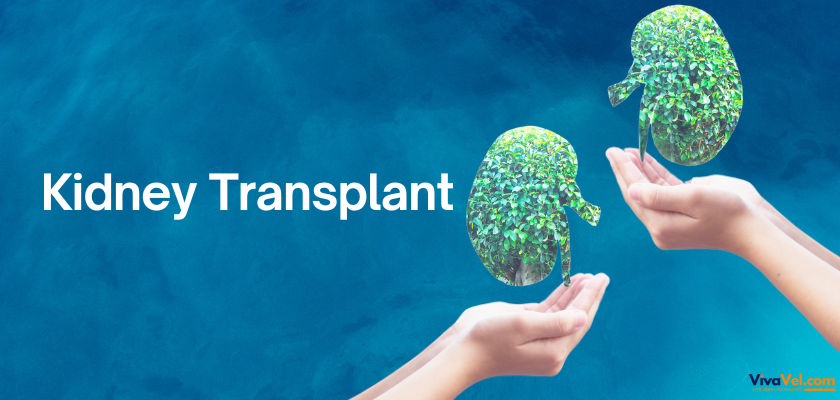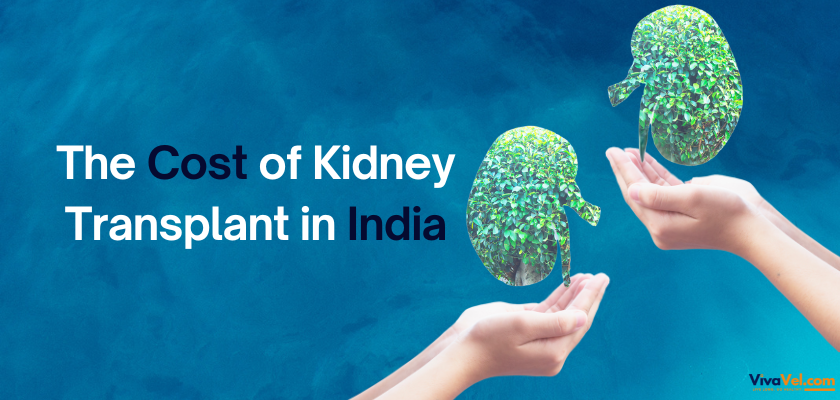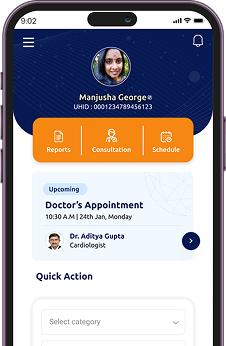India has emerged as a global hub for advanced medical treatments, including bone marrow transplants (BMT), attracting patients worldwide. With state-of-the-art facilities, skilled specialists, and competitive costs, India offers an ideal combination of quality and affordability for those seeking life-saving procedures like BMT. This blog explores the intricacies of bone marrow transplantation, why India is a preferred destination, and what patients can expect during their journey.
Understanding Bone Marrow Transplant:
A bone marrow transplant is a medical procedure to replace damaged or diseased bone marrow with healthy stem cells. These stem cells can be sourced from the patient (autologous transplant), a donor (allogeneic transplant), or umbilical cord blood. The procedure is primarily used to treat conditions such as:
-
Leukemia and other blood cancers
-
Lymphomas
-
Multiple myeloma
-
Aplastic anemia
-
Severe immune system disorders
-
Genetic diseases like thalassemia and sickle cell anemia
The success of a bone marrow transplant largely depends on factors such as the patient's overall health, the disease stage, and the donor's compatibility.
Why Choose India for Bone Marrow Transplant?
India has become a top destination for bone marrow transplants due to several key factors:
1. World-Class Medical Infrastructure
India boasts internationally accredited hospitals equipped with cutting-edge technology for diagnostics, stem cell harvesting, and transplantation. Centers like Apollo Hospitals, Fortis Healthcare, and Medanta have dedicated hematology and oncology departments with advanced capabilities.
2. Highly Experienced Specialists
Indian doctors specializing in bone marrow transplants are globally recognized for their expertise. Many have trained at renowned institutions abroad and have extensive experience performing complex procedures.
3. Affordable Cost
The cost of a bone marrow transplant in India is significantly lower than in countries like the USA, UK, or Germany. While a BMT can cost upwards of $300,000 in Western nations, the same procedure in India typically ranges from $20,000 to $50,000, depending on the type of transplant and hospital.
4. High Success Rates
Indian hospitals report success rates comparable to global standards, often ranging between 60% and 90%, depending on the patient's condition and type of transplant.
5. Comprehensive Care
India offers a holistic approach to patient care, including pre-transplant evaluations, post-transplant monitoring, and rehabilitation. Hospitals also provide support systems for international patients, including language assistance, visa guidance, and accommodation arrangements.
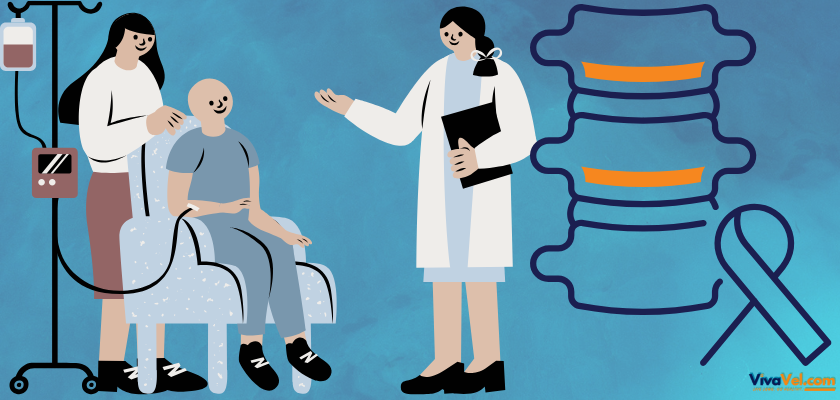
Types of Bone Marrow Transplants in India:
1. Autologous Transplant
In this type, stem cells are harvested from the patient's body and reintroduced after intensive chemotherapy or radiation. This approach is commonly used for patients with multiple myeloma or lymphoma.
2. Allogeneic Transplant
Stem cells are sourced from a donor whose tissue type closely matches the patient's. This type is more complex and is used for treating severe blood disorders or genetic conditions.
3. Umbilical Cord Blood Transplant
Stem cells are extracted from the umbilical cord blood of a newborn. This option is less commonly used but can benefit patients who cannot find a suitable donor.
Leading Hospitals for Bone Marrow Transplants in India:
1. Apollo Hospitals
Apollo Hospitals pioneered advanced medical care and offers comprehensive BMT services. Their centers in Chennai, Delhi, and Hyderabad are particularly renowned.
2. Fortis Memorial Research Institute (FMRI)
FMRI is known in Gurugram for its expertise in hematology and oncology. The hospital provides personalized care for both adult and pediatric patients.
3. Medanta – The Medicity
Medanta in Gurugram has a dedicated bone marrow transplant unit and state-of-the-art stem cell research and application laboratories.
4. Tata Memorial Hospital
As one of India's leading cancer treatment centers, Tata Memorial Hospital in Mumbai specializes in allogeneic and autologous transplants for various blood cancers.
5. Christian Medical College (CMC)
Located in Vellore, CMC is globally recognized for its expertise in bone marrow transplants, particularly for children with thalassemia and other genetic disorders.
Preparing for a Bone Marrow Transplant in India:
1. Initial Consultation
Patients must send their medical records to the chosen hospital for a detailed evaluation. Specialists review the case and recommend the appropriate type of transplant.
2. Pre-Transplant Testing
Before the procedure, patients undergo a series of tests, including blood tests, imaging scans, and bone marrow biopsies, to ensure they are fit for transplantation.
3. Finding a Donor
For allogeneic transplants, finding a suitable donor is crucial. Many hospitals in India collaborate with international donor registries, making it easier to identify matches.
The Bone Marrow Transplant Process:
The procedure involves three main phases:
1. Conditioning
Patients receive high-dose chemotherapy or radiation to destroy diseased cells and suppress the immune system, creating space for new stem cells.
2. Stem Cell Infusion
Healthy stem cells are infused into the patient's bloodstream via a catheter. This process is painless and resembles a blood transfusion.
3. Engraftment and Recovery
Over 2-4 weeks, the transplanted stem cells travel to the bone marrow and produce healthy blood cells. Patients require close monitoring to manage potential complications such as infections or graft-versus-host disease (GVHD) during this time.
Post-Transplant Care:
After the transplant, patients need regular follow-ups to monitor their recovery. These include:
-
Blood tests to track cell counts and organ function
-
Medications to prevent infections and GVHD
-
Lifestyle adjustments to boost immunity and overall health
Support for International Patients:
Hospitals in India provide dedicated services to ease the journey for international patients, such as:
-
Assistance with medical visas
-
Airport transfers and local transportation
-
Multilingual support staff
-
Accommodation for patients and caregivers
Testimonials from International Patients:
Many international patients have shared heartwarming stories of recovery after undergoing a bone marrow transplant in India. These testimonials highlight the exceptional care, professionalism, and compassion they experienced during their treatment.
Conclusion:
India's advancements in bone marrow transplantation, affordability, and personalized care make it a top choice for international patients. By choosing India, patients gain access to world-class facilities, expert medical teams, and comprehensive support, ensuring a seamless and successful treatment journey.
If you or a loved one is considering a bone marrow transplant, VivaVel Health Tourism is here to assist you at every step. From connecting you with the best hospitals to managing travel and accommodation, we ensure your journey to recovery is smooth and stress-free. Contact us today to learn more!



